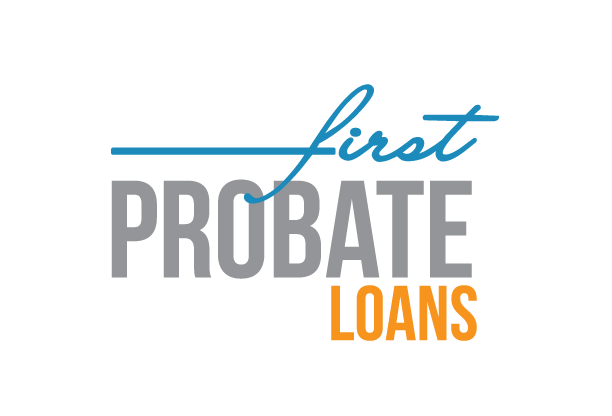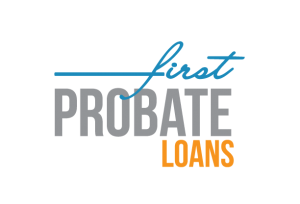Bifurcated Land Market
By Ruben Gutierrez
As a real estate appraiser specializing in valuations for estate administration, taxation, probate, and litigation support I have had the opportunity to work on numerous land valuation assignments over the past thirty plus years. Most of these assignments involve land located in the Antelope Valley portion of northern Los Angeles County. The Antelope Valley (the “A.V.”) is home to the incorporated cities of Lancaster and Palmdale, as well as several unincorporated communities including Lake Los Angeles, Littlerock, and Pearblossom on the east and Antelope Acres, Elizabeth Lake, and Green Valley to the west. It encompasses a vast 80 square mile land market that is subject to wide value fluctuations depending on market conditions (time), location, financing terms, and the motivations of individual buyers and sellers. In this brief article I will discuss one of the major pitfalls to be aware of when relying on appraisals of vacant land in the Antelope Valley, and other similar market areas.
In many eminent domain and other litigation cases, and while producing and reviewing appraisals for the Resolution Trust Corporation (RTC) and the Federal Deposit Insurance Corporation (FDIC) (in the aftermath of the savings and loan crisis of the early 1990’s) I have reviewed many appraisals prepared by out-of-area real estate appraisers who did not understand or were perhaps even willing to ignore one major characteristic of the Antelope Valley land market, that being its bifurcated nature. This common error resulting from inadequate knowledge of market conditions continues to this day to result in value estimates that are grossly over actual market value.
The A.V. land market is characterized by two distinct markets. One of these markets, which I call the “standard” market, consists of reasonably informed buyers and sellers who are trading on an all-cash or cash-equivalent basis. The buyers tend to be local to California and are knowledgeable about the A.V. land market and issues affecting value in the area. Sellers are also knowledgeable of the area land market and are typically individuals or family trusts.
The second A.V. vacant land market, which I call the “creative” market is primarily characterized by overseas land speculators. These buyers are not particularly knowledgeable about the A.V. land market. and are lured into buying properties by corporate “land flippers” who offer seller-financing with little to no money down and high interest rates. I have seen marketing materials offering the opportunity to invest in “prime Southern California properties” with maps showing Disneyland only a couple of inches away from the A.V. when in fact it is a 1.5 to two-hour drive and over 100 miles distant. These corporate land flippers, and there are several, are really in the business of selling paper as a high percentage of buyers end up defaulting on the loans providing the land flipper the opportunity to foreclose and then resell the property to another “investor”.
It is imperative that land appraisers and their clients have the knowledge and ability to differentiate between standard and creative transactions to avoid erroneous value conclusions. Due to the nature of creative land sale transactions they typically sell at approximately double the price of standard sales for otherwise similar properties. The knowledgeable appraiser will thus avoid using creative sales as comparables to the subject property, or at least be willing to make a substantial downward adjustment to account for conditions of the creative sale. I avoid using creative land sales as comparables in my practice due to the large adjustment required and abundance of standard sale data. Creative land sales are simply not comparable to standard land sales. Knowing the difference can save you and/or your clients thousands of dollars, avoid needless litigation, and steer away from IRS challenges.


No Comments